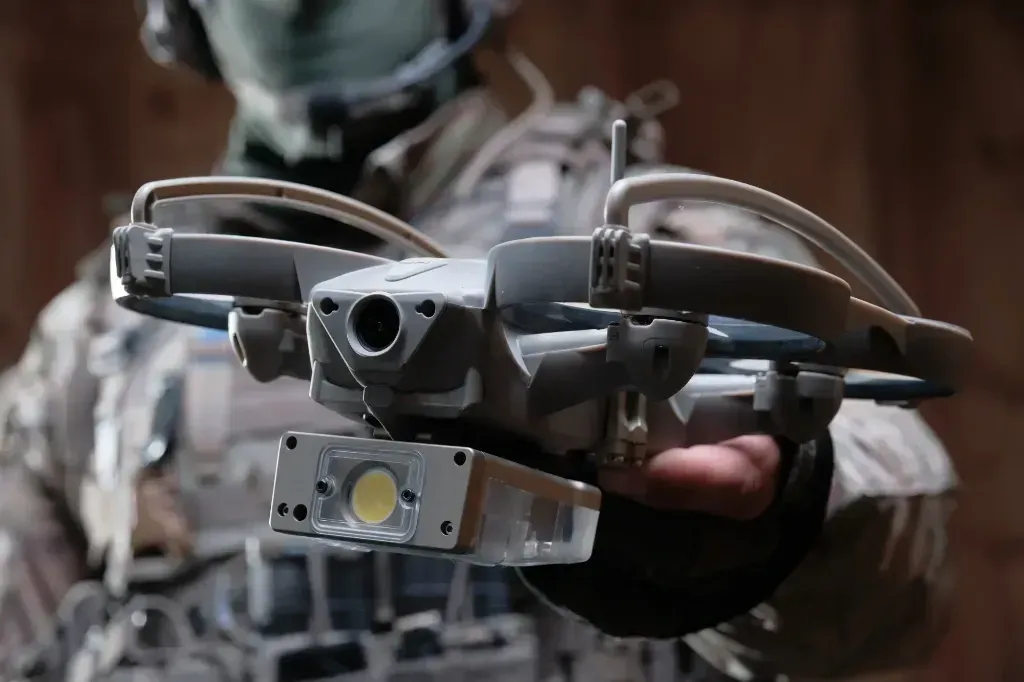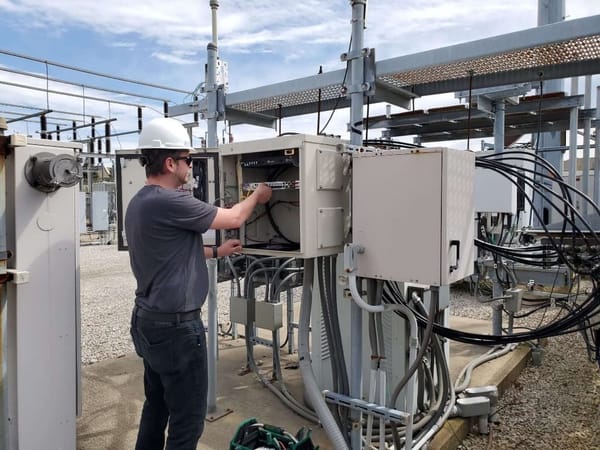Axon Waiver for Surveillance Devices Gets FCC Approval, Citing Public Safety
Critics said devices could disrupt Wi-Fi and fixed wireless services in the heavily trafficked Wi-Fi band.

Critics said devices could disrupt Wi-Fi and fixed wireless services in the heavily trafficked Wi-Fi band.

WASHINGTON, Dec. 6, 2024 – Axon Enterprise, the maker of the TASER electroshock weapon, has been granted a waiver to operate surveillance devices in a heavily trafficked Wi-Fi spectrum band, raising concerns about potential interference with critical wireless Internet services.
The Federal Communications Commission granted Axon the waiver Thursday to operate a suite of analog, battery-powered surveillance devices in the 5725-5850 MegaHertz band, including an aerial drone, a small robotic ground vehicle, and a hand-held stick-mounted camera.
Axon intends to sell these devices to law enforcement to reduce the risk to first responders involved in potentially life-threatening situations.

Bipartisan support grows for KOSA despite implementation concerns.

FCC Chairman says he is treating all parties fairly

TDS has agreed to Everstream's six-month delay.

New Mexico, Hawaii report strong provider interest as more states move to prepare final proposals.